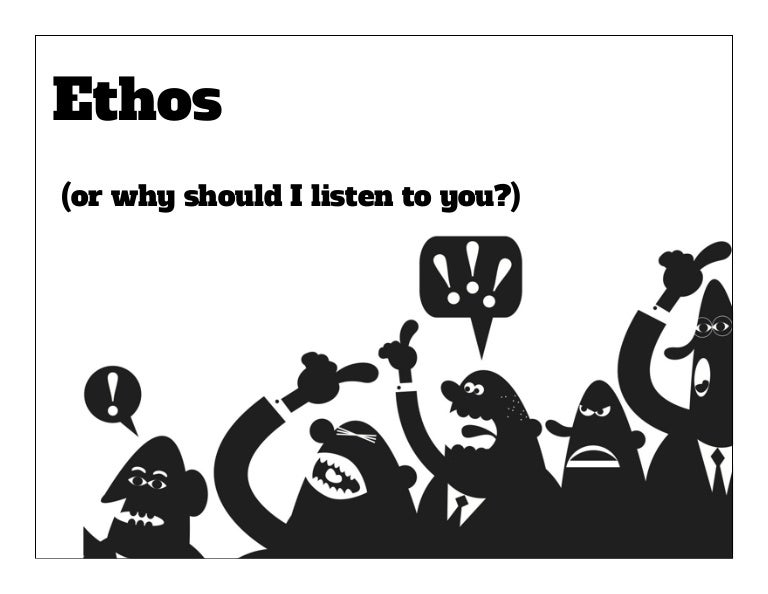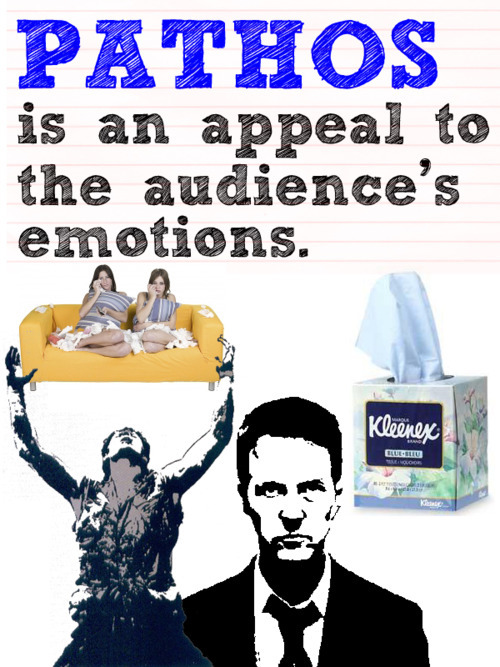Virgina Woolf. Super cool, super feminist, totally LGBTQIA+, and totally mentally ill. Oh, and anti gender roles. Looking at these facts, considering the time period in which she lived, it's more than likely that she might never have reached the fame she did. But she became famous and she published her works. She had no chill. She just said what she wanted to, and often her perspectives, though sometimes (most of the time) were unwelcome were men, were curt and to the point.

Girl is great, let's be honest here. Part of that fame is due to her awesome use of rhetorical strategies, however. Her writing was clear but also eloquent, because of this usage.
First and foremost, she was a novelist. So most of her writing, even if it wasn't a story per say, is written in a similar form. Novels tell stories, and the style of her writing always seems (from the examples I looked up) to tell a story. She did not just come out and say her point, that the advantages that women were gaining were still minor and controlled. Instead, she used rhetorical strategy to make her point clear.
Characterization-Woolf describes the voice in her head as a ghost. The ghost was pure, beautiful, and most importantly, the girl of every man's dreams. "She was intensely sympathetic. She was immensely charming. She was utterly unselfish. She excelled in the difficult arts of family life. She sacrificed herself daily...she was so constituted that she never had a mind or a wish of her own...she was pure." (pg. 526) Her goal is to let readers know the constant struggle women face by trying to be as open and honest as men, even though society deems that this makes you a failure of a woman. By making this thought process like a person, and killing that person at that, Woolf is describing to the readers the fight she and every other working woman face on a daily basis.
Scene Setting-Woolf''s main scene is in the attic. Lots of stories take place in such an ordinary setting. To Woolf, she was an ordinary girl, doing ordinary work, in an ordinary place. It makes it more obvious to the reader where she is and what she is doing. A mental image is an important factor in novels and thus in her essays.
Detail-Woolf pays a lot of attention to detail. Just like scene setting, it creates a great mental image of what is going on. For example, she describes the imagination space of an author. Instead of writing something about how interesting it is and how deep, she describes it as a lake, where she is fishing and letting a fish come to her line. She describes the characteristics of the lake so that her audience will see it clearly in her mind. This allows her to have a more personal relationship with her readers. (pg. 528)
Figurative Language-The biggest one off the bat is personification (see above). She also uses extended metaphor to describe a woman writer's thought process in her imagination, and how she is snapped out of it by "women's tasks". She also describes the literacy path of women as a road: "My profession is literature; and in that profession there are fewer experiences for women than in any other. For the road was cut many years ago-" (pg. 525) She also uses onomatopoeia when she describes being snapped out of the lake, giving the piece energy.
Professions for Women was written in the 1930s, and is older than some of the other feminist texts we have read, like Bad Feminist and (OK so we didn't read this one as a class, but I thought it looked interesting, so I read it) I Want a Wife. The former talks about how women have to act a certain way, to be a perfect woman or a perfect feminist. Both articles address the idea that women have the ability to be their own self. I Want a Wife describes the Angel that Woolf mentions in her essay. Though I won't go into detail about the essay (everyone should enjoy it by themselves), it basically is expressing how much women do for those around them, constantly sacrificing themselves for the "better good". What really is shocking about these three works is that they were written decades apart, and yet the problems in each are similar. So much for progress for women.


